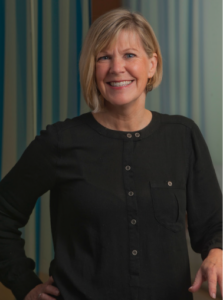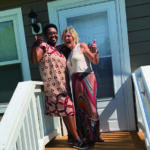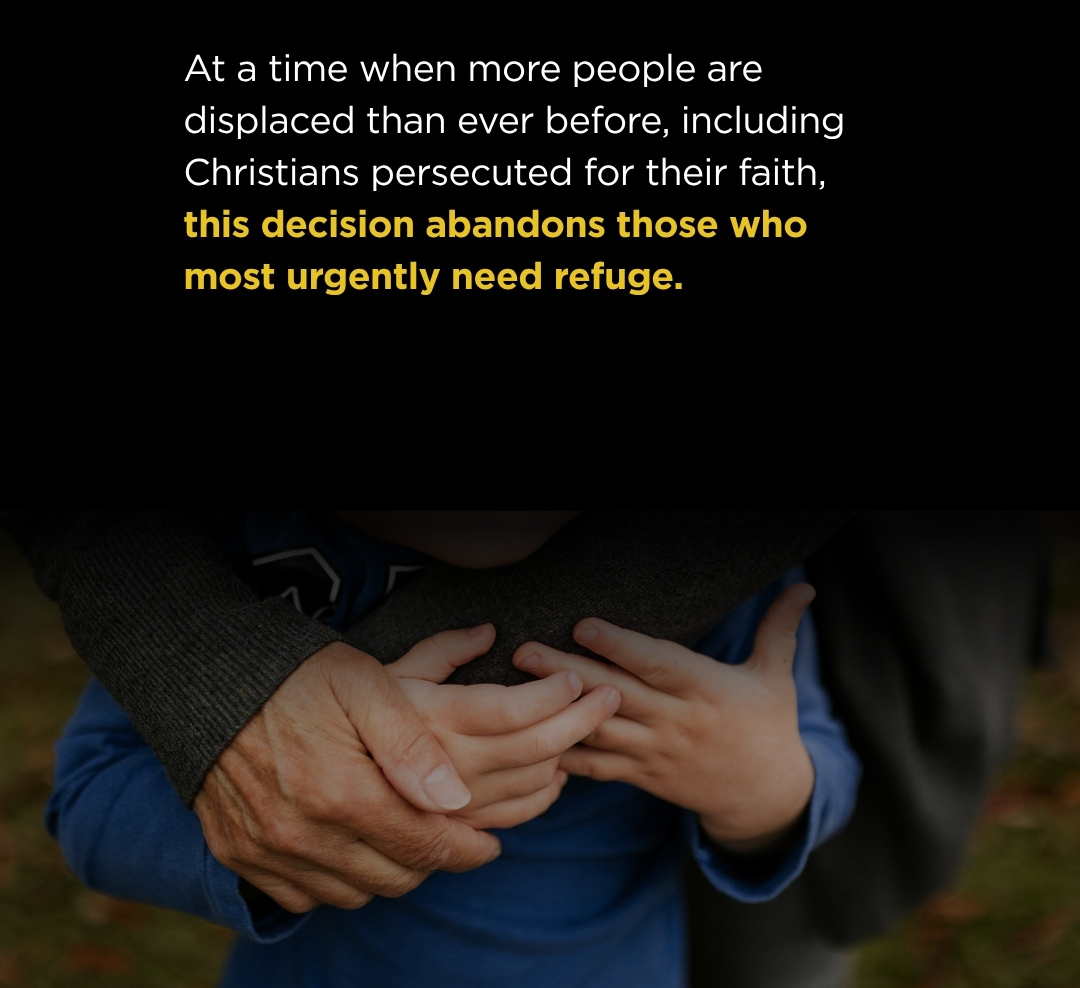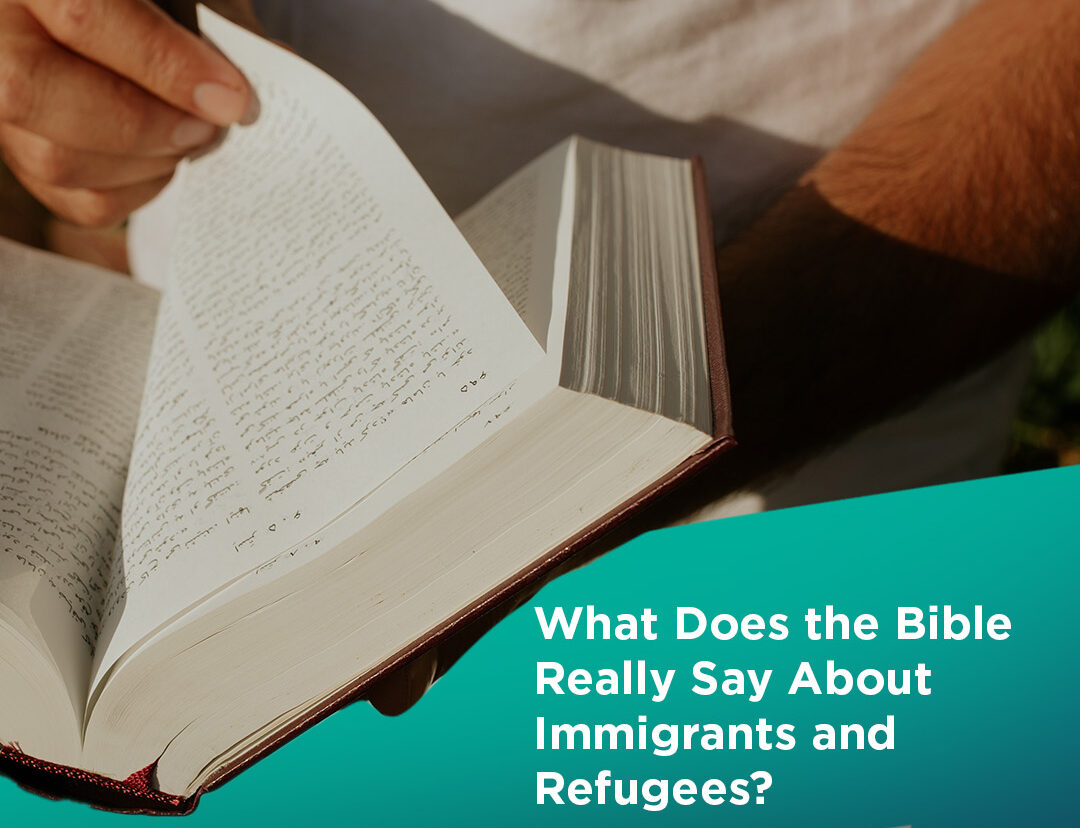 SAE’s origin story as told by Trudi Whitson, co-founder of Salem Arts Exchange. Trudi is deeply interested in the art of hospitality as the whole experience of welcoming and entertaining guests, visitors or strangers. It is a passion that has followed her throughout her life and career.
SAE’s origin story as told by Trudi Whitson, co-founder of Salem Arts Exchange. Trudi is deeply interested in the art of hospitality as the whole experience of welcoming and entertaining guests, visitors or strangers. It is a passion that has followed her throughout her life and career.
The little blue house across from Stewart Park in the Phillips neighborhood – named Salem House – not only hosts a little piece of African culture in Minneapolis: It serves as a place where peace and friendship thrive across cultures. It’s only happenstance that the word salem can be translated in many ways (shalom in Hebrew, salaam in Arabic) to mean peace.
For Trudi Whitson, co-founder of Salem Arts Exchange (SAE), the name Salem was only fitting. Established in 2013 and housed in Salem House, non-profit SAE exists to be a joyful, creative gathering place for refugee women where friendships are formed and beautiful handicrafts are produced.
At its core, this program of Arrive Ministries is a collaboration of people who wish to wrap their arms around our refugee neighbors. The free program takes place twice weekly and is organized around a 14-session curriculum where participants learn skills like sewing while practicing their English. At the end of each lesson, the women gather for tea and storytelling. Sometimes they pray together in trying times – Christians alongside Muslims.
The Spark & The Flame
The spark for SAE came from three Bible study friends (Trudi, Anna and Kris) eager to break out of their suburban bubble. In 2010, Kris brought up an inspiring ministry just outside of Chicago that was teaching a group of Somali women how to sew. The group fell in love with the idea, but it wasn’t time.
A few years later, an invitation came to the group through Kris’s membership at a multi-ethnic church in St. Paul called New City of Nations. The church members wanted to establish a similar arts program in the Phillips neighborhood, a cultural hub south of downtown Minneapolis often regarded as the most diverse part of the metro.
“We had already birthed this idea, and it seemed to be the time,” Trudi recalled. “We got a few grants and bought a bunch of sewing machines. New City of Nations had a diverse membership with many women new to America who wanted to get involved. So we gathered and just started sewing.”
Since 2013, SAE has been using and improving upon the curriculum. The program inspired another sewing ministry in Wilmar, which birthed another in St. Cloud. These programs are sprouting up across the country as a means to meaningfully engage with refugee populations, yet the general format remains largely consistent: sewing, tea and stories.

From Strangers to Sisters in Community
Some of Trudi’s favorite moments have taken place during the storytelling sessions, which she understands to be part of how African women create community. The tradition has offered her varied stories and has transformed her perspectives on what it means to be a refugee.
“You see these women, they don’t speak the language, and right now their job is likely menial work,” Trudi said. “But in their home countries they were teachers, businesswomen and human rights activists – I even met an actress. Many of them escaped torture and imprisonment in Africa. These are powerhouse women who make it here.”
And they love it here. Trudi shared that these women are so thankful just to be here, safe with their families, and that their children can go to school. She gets to hear the often-untold stories, which grant her the deeper understanding that the “single story” told in the popular media does not.
That’s exactly why safe spaces for cross-cultural conversations can be so powerful. They create the conditions for stories to be shared naturally and for trusting friendships to grow – for people to be seen for who they really are. What’s more, people who are often silent get to tell their own stories.
“We have a basket with prompts on paper for the whole group to think about,” Trudi shared. “Last week we talked about what the word ‘transition’ means. A lot of them are still working on their English, so it can be challenging but still so meaningful. I may be teaching the curriculum, but we have a lot to learn from each other.”
For Trudi, her non-profit isn’t as much about the sewing; she’s always loved creating. But before SAE, she’d never done so in a group context. The social component was missing – the brushing arms with other women, exchanging stories and becoming family in the process.
“Sometimes when they get to do their sharing, they say things like ‘You are my family’ or ‘You are my sisters.’ Those are the moments that encourage me and still take me by surprise.”





